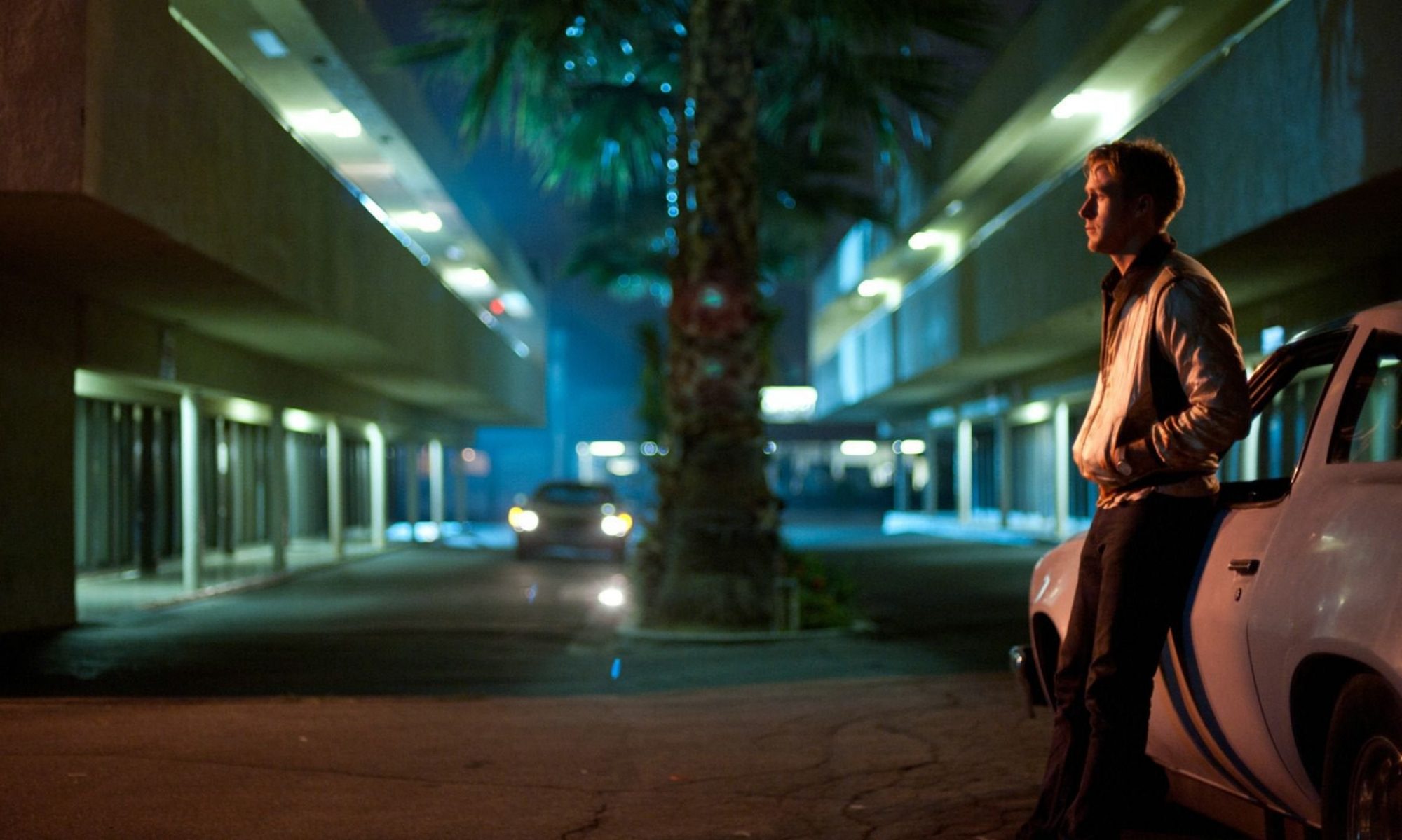HOOHAH.
Don’t worry, the post can’t focus on any loud Pacino overacting moments, because they’re not exactly minimalist. I do appreciate the intensity that he brings to the table nonetheless. As it is, Heat remains the finest Pacino/de Niro pairing of all time. The Irishman doesn’t quite do it, and Righteous Kill? Well, I haven’t forced myself to watch it yet, but from what I’ve heard, it’s not exactly a classic.
Speaking of classics though, let’s talk Heat, specifically its epic final scene. After their compelling cat and mouse chase, Pacino’s dedicated cop Vincent Hanna is finally granted his desired showdown with de Niro’s gangster Neil McCauley. Director Michael Mann has provided us with some genius dialogue throughout the film, but the closing sequence at the airport relies on tension through action, music and sound. The climactic showdown exhibits tests of stealth as the two try to take each other out in the dark, with Vincent ultimately conquering after a plane – the first loud sound we’ve heard during a sequence with no spoken dialogue so far – flies past, and Pacino gets his man, shooting Neil several times.
As Vincent slowly walks towards his dying adversary, Moby’s elegiac ‘God Moving Over the Faces of the Waters’ begins to play in the background’. The artist has already featured on the soundtrack with his cover of Joy Division’s ‘New Dawn Fades’, which plays in the toned-down car chase before Vincent has his iconic meeting with Neil in the café, but ‘God Moving’ far exceeds the former’s quality with the majestic and gradual movement from its sombre, pared down arpeggios into triumphant orchestral bliss. Dialogue remains minimal, with Neil’s brief, dying declaration that he told Vincent he’d ‘never go back’ answered by an exhausted Vincent’s simple, confirming ‘Yeah’. Music does most of the work here in evoking a relationship about two warring sides ultimately connected by respect.
During an making of interview about the song, Moby notes that he only came up with the title as he composed the song’s powerful crescendo, which takes place just after the film’s final image, a wide shot of a triumphant yet melancholy Vincent standing in the darkness in front of a dead Neil. Moby noted how he was ‘so taken with the emotion of the song and I had this vision…[of] all of the pain that life involved, all of the joy that life involved’, effectively summing up the conflicted emotions of Vincent’s determined, lone figure standing next to his defeated prey. There’s nothing quite like hearing this song from the film itself, as the cinematic version differs slightly from the original recording, which doesn’t contain the emotional highpoint that hits as the credits roll. And that crescendo isn’t one to be missed.
HOOHAH.
